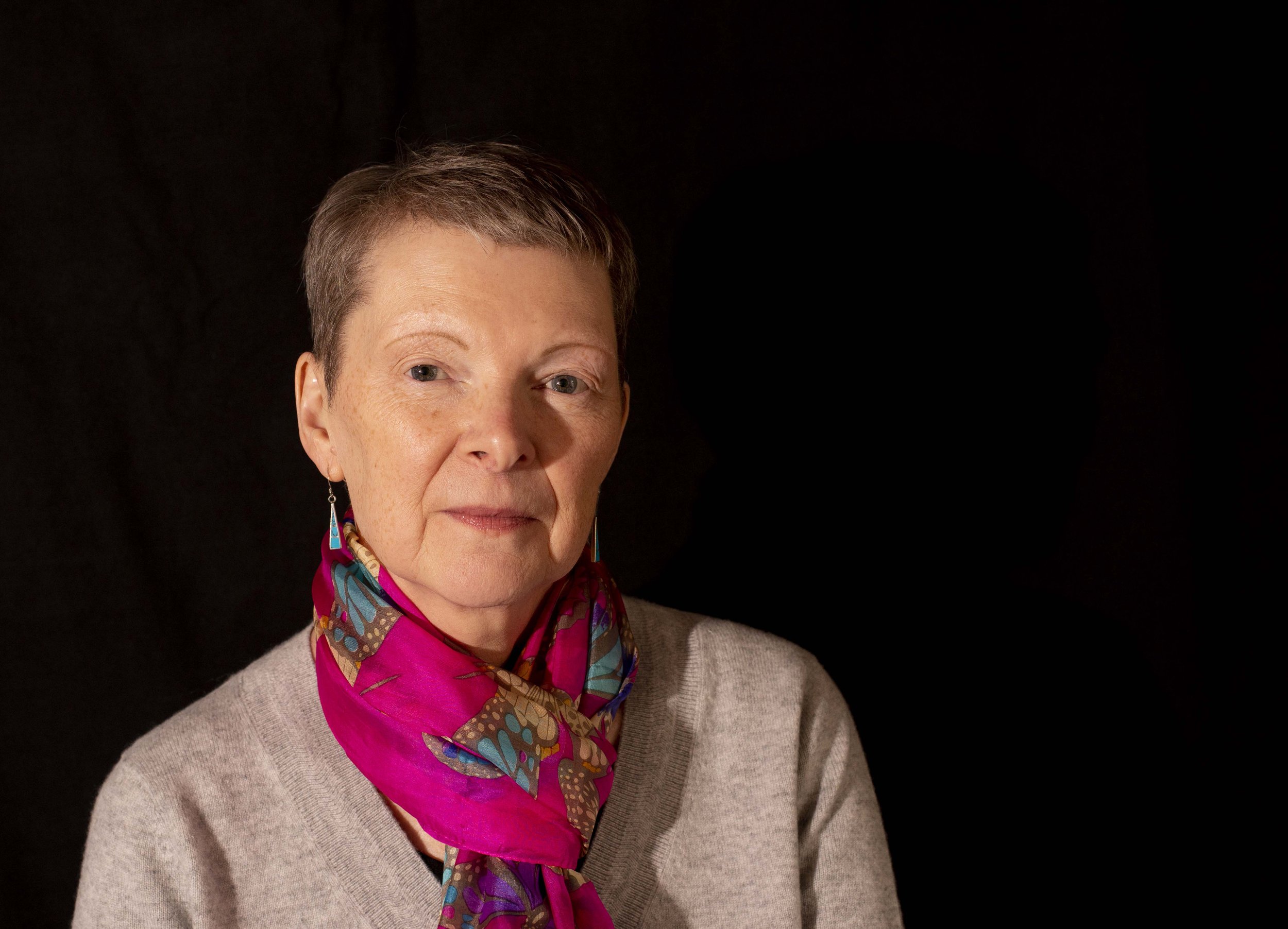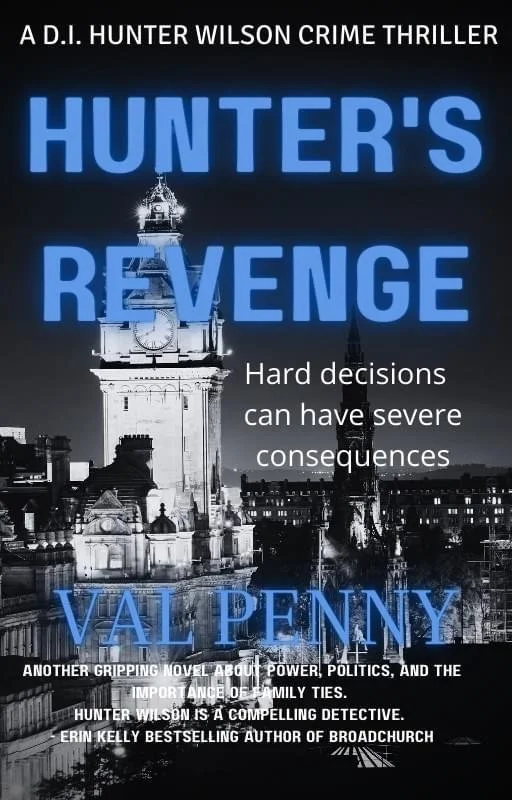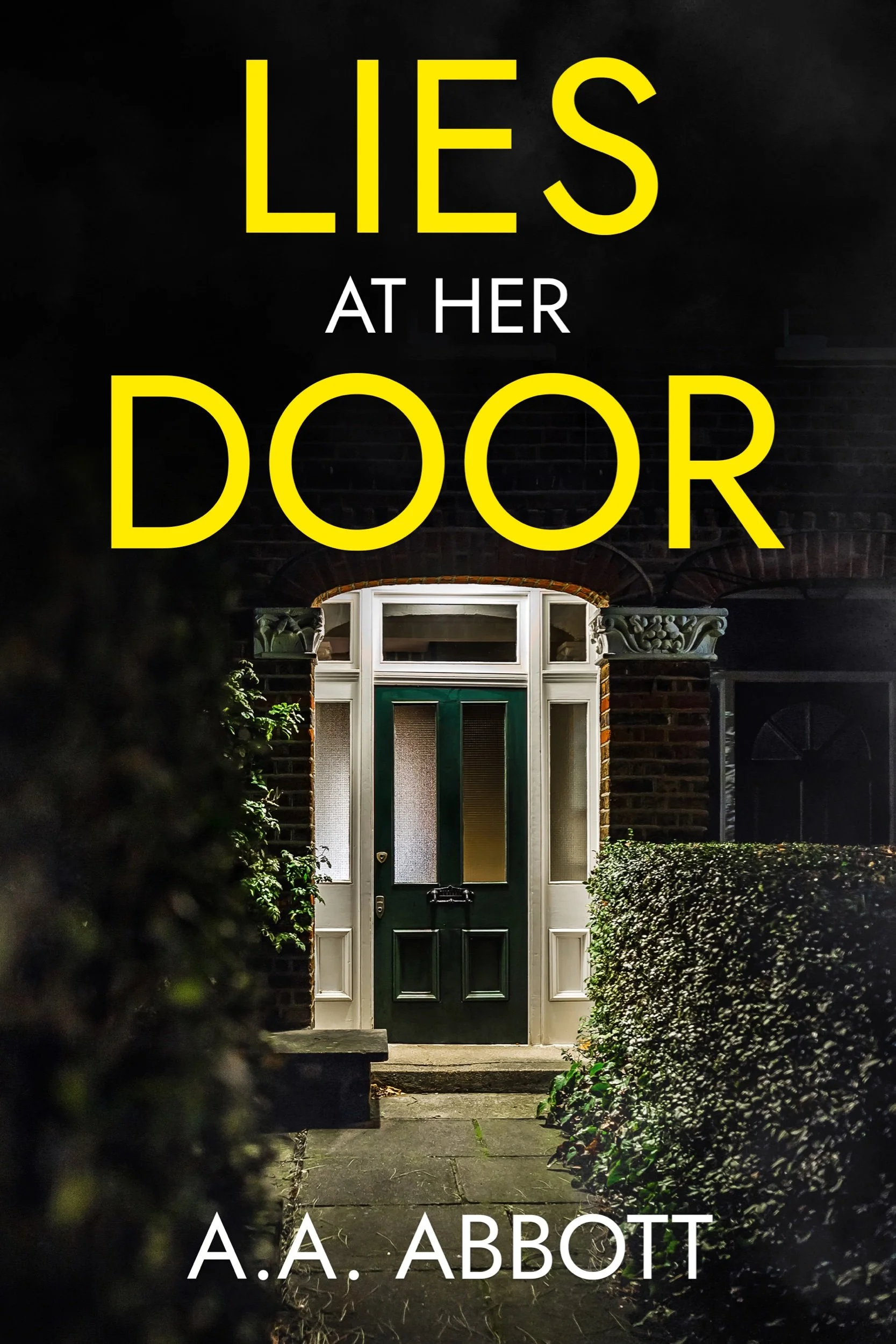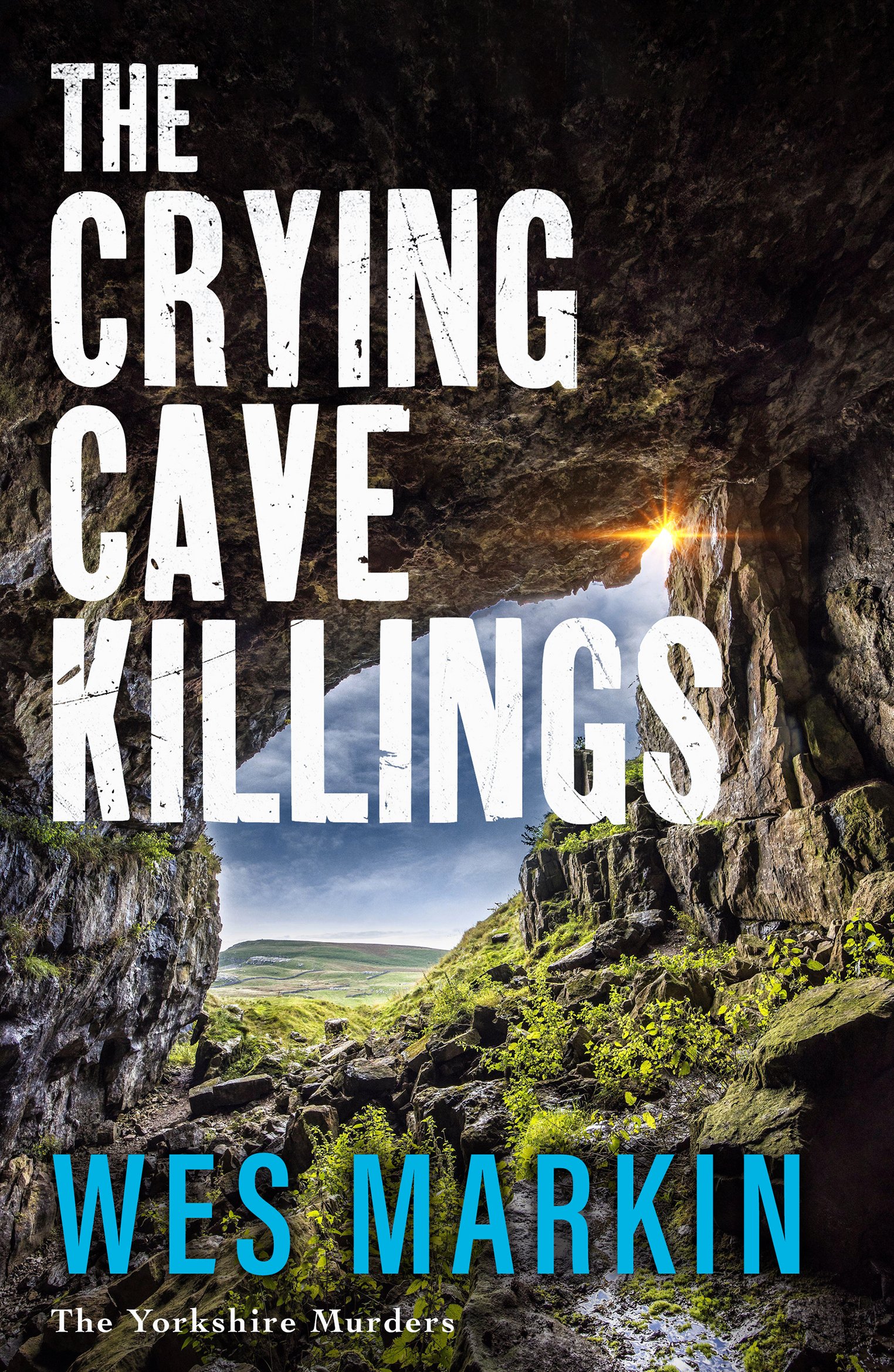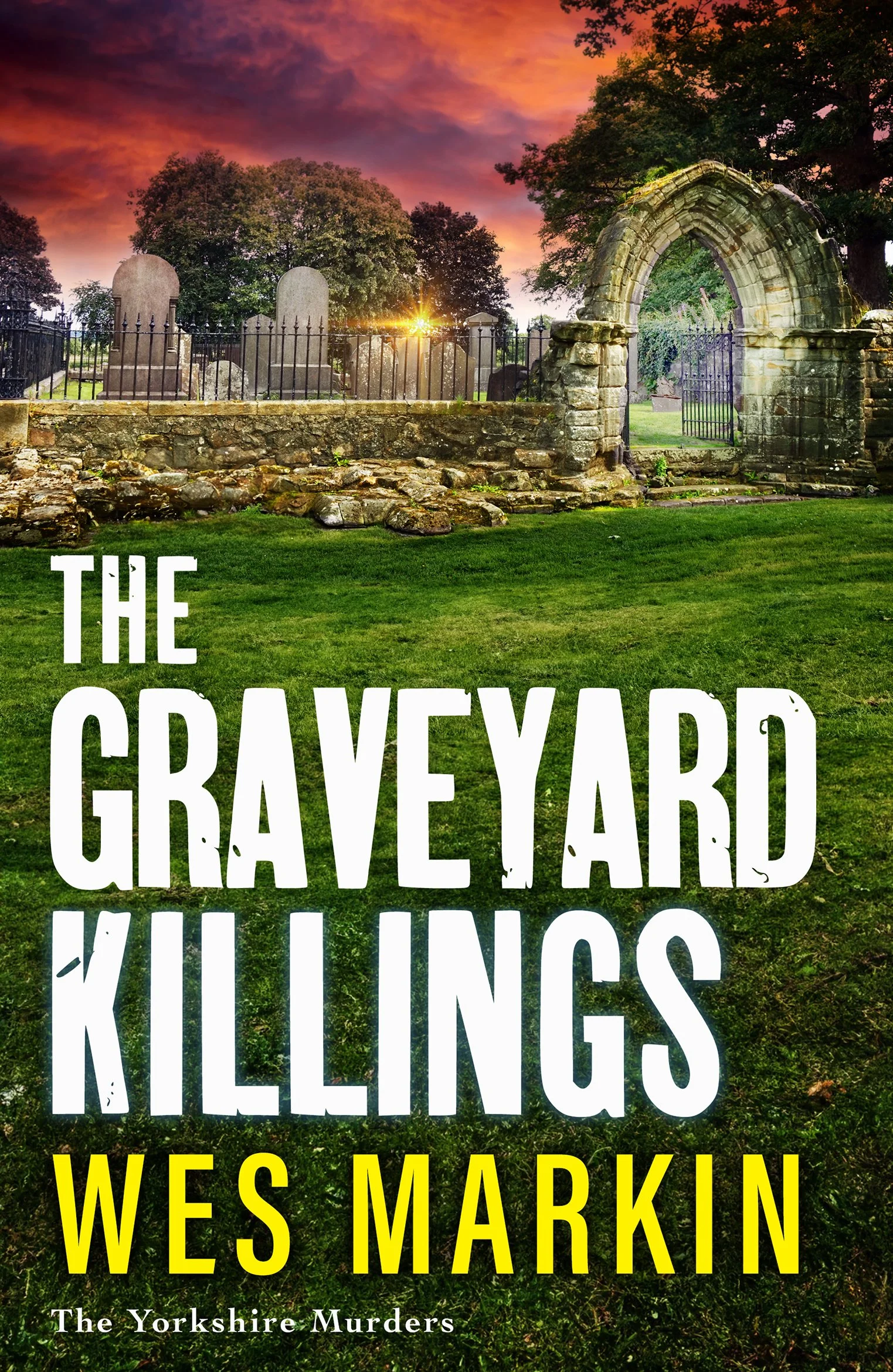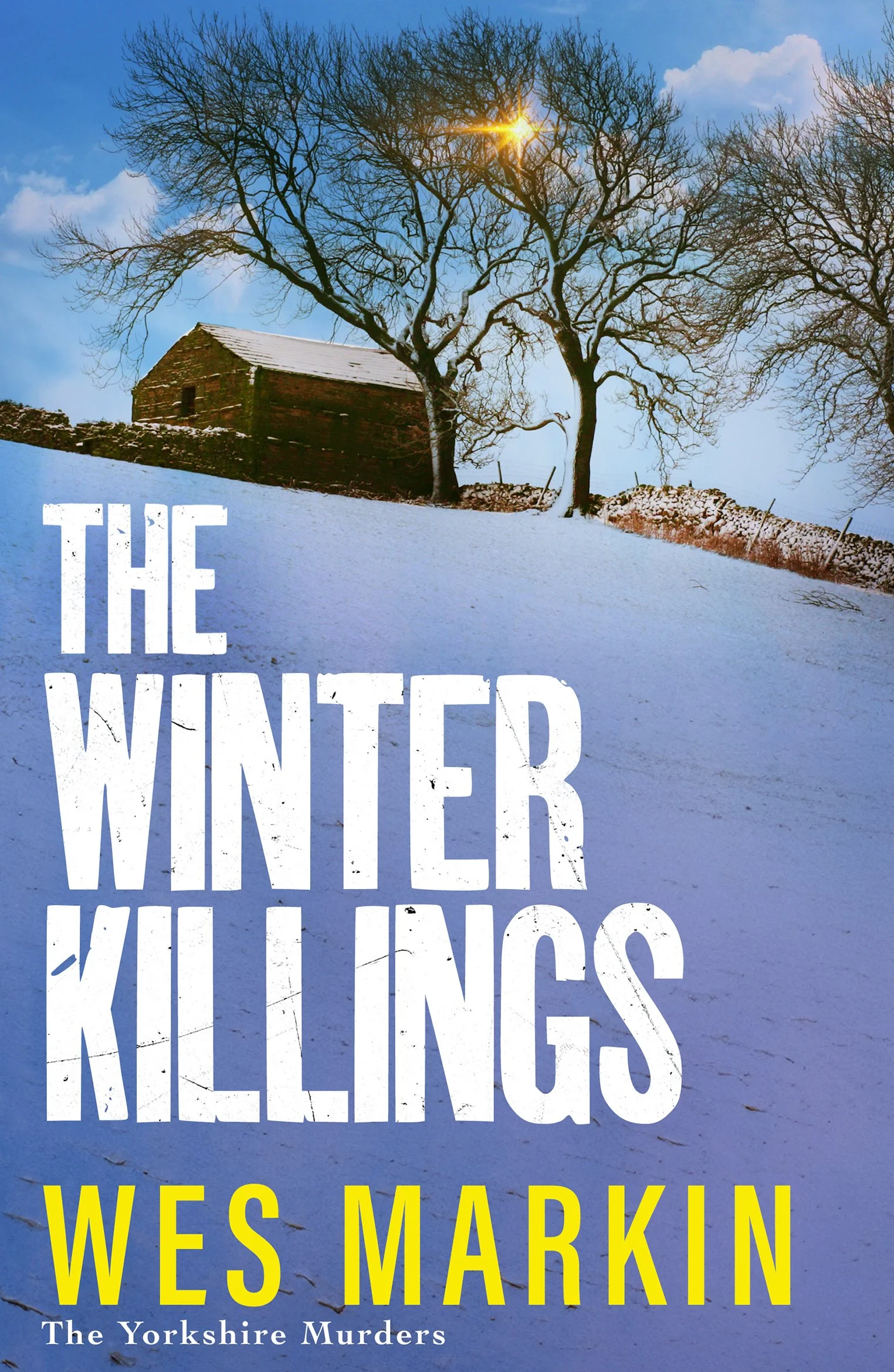The Contraband Killings by Lucienne Boyce
Principal Officer Dan Foster of the Bow Street Runners is sent to collect smuggler Watcyn Jones from Beaumaris Gaol on Anglesey, and bring him back to London for trial at the Old Bailey. As if having to travel to the wilds of North Wales isn’t bad enough, Dan is saddled with an inexperienced constable as his interpreter and assistant. At least it’s a routine assignment and shouldn’t take more than a few days.
But when the prison escort is ambushed and Watcyn Jones escapes, a straightforward transfer turns into a desperate manhunt. And as Jones’s enemies start to die, the chase becomes more urgent than ever. Dan’s search for the killer brings him up against a ruthless smuggling gang – and his chances of getting off the island alive begin to look far from promising.
About the author
Lucienne Boyce writes historical fiction, non-fiction and biography. After gaining an MA in English Literature, specialising in eighteenth-century fiction, she published her first historical novel, To The Fair Land (2012, reissued 2021), an eighteenth-century thriller set in Bristol and the South Seas.
Her second historical novel, Bloodie Bones: A Dan Foster Mystery (2015, reissued 2022) is the first of the Dan Foster Mysteries and follows the fortunes of a Bow Street Runner who is also an amateur pugilist. Bloodie Bones was joint winner of the Historical Novel Society Indie Award 2016, and was also a semi-finalist for the M M Bennetts Award for Historical Fiction 2016. The second Dan Foster Mystery, The Butcher’s Block (2017, reissued 2022), was awarded an IndieBrag Medallion in 2018. The third in the series, Death Makes No Distinction (2019, reissued 2022), is also an IndieBrag Medallion honoree, recipient of Chill With a Book Premium Readers’ Award, and a joint Discovering Diamonds book of the month. In 2017 an e-book Dan Foster novella, The Fatal Coin, was published by S-Books. The Fatal Coin is now available in paperback.
The Bristol Suffragettes, a history of the suffragette campaign in Bristol and the South West of England, was published in 2013. In 2017 Lucienne published a collection of short essays, The Road to Representation: Essays on the Women’s Suffrage Campaign.
Other Publications
‘Not So Militant Browne’ in Suffrage Stories: Tales from Knebworth, Stevenage, Hitchin and Letchworth (Stevenage Museum, 2019)
‘Victoria Lidiard’ in The Women Who Built Bristol, Jane Duffus (Tangent Books, 2018)
‘Tramgirls, Tommies and the Vote’ in Bristol and the First World War: The Great Reading Adventure 2014 (Bristol Cultural Development Partnership/Bristol Festival of Ideas, 2014)
As part of the blogtour I have the pleasure of sharing an extract with you!
Much of the action of The Contraband Killings takes place in and around the extensive copper mine on Parys Mountain, Anglesey. Parys Mountain was a huge draw for eighteenth tourists and artists, who were attracted by its astonishing landscape and the scale of the works.
In the eighteenth the Parys Mountain mine was the largest copper mine in the world. Its copper was used to sheath the British Royal Navy’s ships in order to protect them from timber worm and barnacle growth. The copper ore was mined by both open cast and shaft mining, and for the men working the seams it involved hard and often dangerous labour. Ore was broken up by hand and hoisted up to the surface by winch platforms, where women known as as “copar ledis” broke it into smaller pieces. Many of the miners worked suspended on platforms constructed against the sheer sides of the open cast.
In this extract, the smuggler Watcyn Jones has escaped from Dan’s custody and now Dan is trying to find him. Watformerly worked at Parys Mine and Dan, accompanied by his Welsh-speaking assistant, constable Goronwy Evans, and Captain Williams of the Anglesey militia, visits Parys Mine to question Wat’s workmates. The men are at the bottom of the open cast, and in order to reach them, Dan and the others face a hair-raising descent.
The clerk, whose English was excellent, produced a ledger. He moistened his finger and thumb before turning over each page and dawdled his way through it until he found what Dan wanted. Jones had teamed up with Robert Griffith and his two brothers. Where could they be found? They were here, working. Can we talk to them? If you wish. Can you send for them? I can send one of the boys with a message, but there’s no guarantee they’ll come. Then can you show us where they are?
The clerk led them outside and up the track. He stopped near one of the winch platforms and pointed.
“They’re down there.”
Dan gazed into the chasm. “And how do we get down there?”
“There’s the slow way,” the clerk said, swinging round and pointing at a track which followed a roundabout path to the floor of the mine. “Or there’s the quick way.”
“What’s the quick way?”
The clerk, still pointing, swung back. Dan followed the line of his outstretched arm to the edge of the platform, where one of the men leaned out and grabbed a bucket that had just come up from the floor of the mine.
“You can go down in one of those.”
“Shit,” said Evans.
Dan pretended he had not heard this, but the winch operator was not so tactful. As he helped his colleague haul the ore towards the pile where it would wait to be broken into still smaller chunks before going to the women in the sheds, he told him about the clerk’s sport with the English. Of course, no one expected them to descend by the miners’ method. His companion joined in his laughter with a wheezing haw-haw, which he ended by lobbing a ball of spit into the abyss.
“Seriously, Foster,” Williams said, “you aren’t considering it?”
“These people are not what you’d call helpful,” Dan said in a low voice. “If we take the slow way, I wouldn’t put it past one of them to drop down and warn the Griffith brothers. They’ll make themselves scarce, and on a big site like this, we could be looking for them for hours. If you prefer, you can stay here, Captain.”
“And miss the fun?”
Dan said to the clerk, “Your men can lower us down. I’ll go first.”
The clerk’s eyes popped, but he gave the order. The winchman stared at Dan in disbelief. His mate wiped the sneer off his face and muttered something that might have been “I’ll be damned”.
The men emptied the bucket and reattached it to the cable. One of them took up position at the winch handles, the other stood on the brink balancing the bucket. He beckoned Dan on to the platform. Dan fixed his hat on his head and walked towards him.
As soon as he left the solid earth, he felt the competing currents of air sweep around him, some rising from the chasm, some soughing across the mountain top, some blowing in off the sea. It made him acutely aware of his balance, where the weight was in his feet, how it shifted as he walked. The boards were springy and there was a disconcerting openness on either side.
The man pushed the bucket over the side and steadied it with one hand. He hesitated, cast an enquiring look at Dan. Are you sure? But Dan did not change his mind, and the operator showed him how to grip the rope with both hands, one level with his ear, the other at his stomach; where to place his foot in the bucket; how to rest his other leg on the rim. He took care over this, pausing to make sure Dan had understood. Then he invited Dan to step into the bucket.
For a few seconds, Dan hung in space with nothing but the strength of the other man’s arms to stop the bucket swinging away from him, leaving him at the mercy of his own momentum to plummet to the ground. Then his foot found the bucket and he was in position, the winchman stepped away, and Dan began to move slowly downwards, the winch squealing, the sinews of the rope cracking. His instructor joined his companion at the machine, the rope played out more quickly, and within seconds their faces were gone and there was nothing but air above, beside and below.



